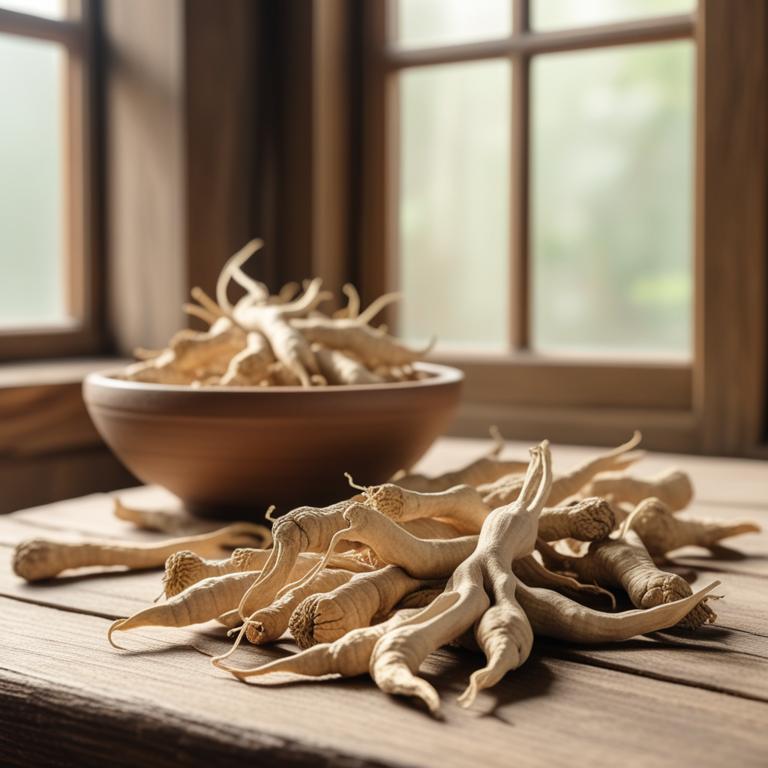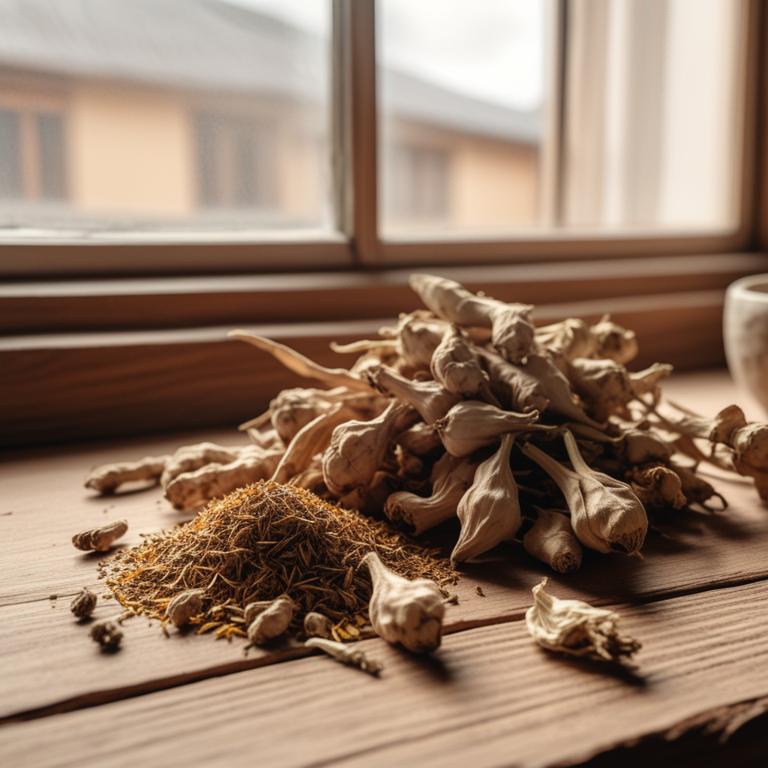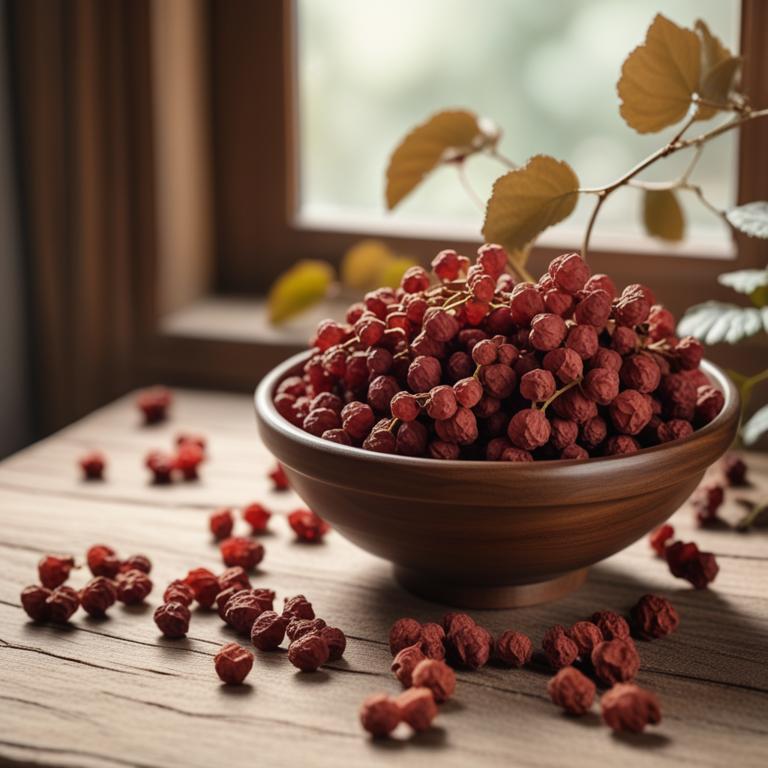Updated: Dec 1, 2024
Motion Sickness Causes and Medicinal Herbs for Relief

Motion sickness can be a real nuisance, especially if you're prone to it.
It's a feeling of discomfort or nausea when you're in a moving vehicle, like a car, boat, or plane. It can affect your daily life, making you feel miserable and tired on long trips. So, what causes motion sickness?. It's usually a mix of conflicting signals from your body and brain, trying to make sense of what's happening around you. This can be due to a combination of factors, such as a sensitive inner ear, a history of migraines, or simply being in a new environment. There are several herbs that can help alleviate motion sickness.
One of these is ginger, which has anti-inflammatory properties and can help calm your stomach. Peppermint is another herb that's great for soothing the digestive system and reducing nausea. You can use these herbs in different ways to help with motion sickness. For example, you can make a soothing tea by steeping dried ginger or peppermint leaves in hot water. Some people also like to take ginger or peppermint in capsule form, or even use ginger candies to help manage their symptoms. Additionally, you can try using a combination of herbs like chamomile and lemon balm to promote relaxation and calmness.
These herbs can be used individually or in combination to help you feel more comfortable and less queasy on your next trip.
Table of Contents
- What triggers motion sickness?
- What are the positive effects of using herbs for motion sickness?
- What medicinal herbs are known to help prevent motion sickness?
- What herbal treatments are typically used to manage motion sickness?
- What herbs should be avoided by people who suffer from motion sickness?
- FAQ
What triggers motion sickness?
The main causes of motion sickness are related to conflicting signals sent to the brain.
When your body receives different messages about the position and movement of your body, it can get confused and cause nausea and vomiting. Here are some of the main causes: Reading: When you read on a moving vehicle, like a bus or train, your body may feel like it's moving, but your eyes see the same thing as when you're standing still. This can cause your brain to get mixed signals, leading to motion sickness. This is why it's often called "book sickness". Driving: Driving a car can also cause motion sickness, especially if you're driving in heavy traffic or on winding roads. The constant stopping and starting, and the feeling of being on a moving road, can confuse your body and cause nausea.
Boating: Boating can be a big cause of motion sickness, especially for people who are prone to it. The constant rocking motion of the boat, combined with the wind and waves, can send conflicting signals to your brain. This can make you feel queasy and disoriented. Flying: Flying is another common cause of motion sickness. When you're in a plane, your body is moving, but your senses can't quite keep up. You may feel like you're in a different environment, and the constant changes in air pressure and movement can cause your body to get confused. All of these causes have one thing in common: they send conflicting signals to your brain, making it hard for your body to figure out what's going on.
This can lead to nausea, vomiting, and other symptoms of motion sickness.
What are the positive effects of using herbs for motion sickness?
Using certain herbs can help with motion sickness because they have properties that calm the stomach and reduce nausea.
These herbs can ease the discomfort and anxiety that often come with motion sickness. They can also help to stabilize the digestive system, which can become upset when you're on a boat, plane, or car.
By reducing the symptoms of motion sickness, these herbs can make it easier to travel and enjoy activities without feeling unwell. They can also help to reduce the risk of dehydration, which can occur when you're vomiting or feeling queasy.
Additionally, some of these herbs have anti-inflammatory properties, which can help to reduce the discomfort and pain associated with motion sickness.
What medicinal herbs are known to help prevent motion sickness?

Herbs have been used for centuries to help people deal with motion sickness.
Some of the best herbs for this issue include Zingiber officinale, commonly known as ginger. Ginger is great at soothing the stomach and helping to regulate digestion. It's often used in the form of tea or ginger ale to calm the nerves and reduce nausea. Another herb that's useful for motion sickness is Ginkgo biloba. This plant is known for its ability to improve blood flow and reduce inflammation. By enhancing circulation, Ginkgo biloba can help to reduce the symptoms of motion sickness, such as dizziness and lightheadedness. Avena sativa, or oat straw, is also a helpful herb.
It's been used to calm the nervous system and reduce anxiety, which can contribute to motion sickness. Avena sativa works by balancing the body's stress response and promoting relaxation. Piper nigrum, or black pepper, contains a compound called piperine that can help to reduce nausea. Piperine has anti-inflammatory properties and can also help to improve digestion. Lastly, Passiflora incarnata, or passionflower, is a calming herb that can help to reduce anxiety and promote relaxation. It works by regulating the body's stress response and promoting a sense of calm, which can be especially helpful when traveling. When combined, these herbs can be a powerful tool in managing motion sickness.
They can be consumed in the form of tea, capsules, or tinctures, and some people find that they work best when taken together.
What herbal treatments are typically used to manage motion sickness?

Herbal preparations can be a great help when it comes to motion sickness.
For example, ginger in a capsule form is often used to calm the stomach and reduce nausea. This is because ginger has natural anti-inflammatory properties that can help to soothe the digestive system. Some people prefer to take ginger in a tincture form, which is a liquid extract that can be added to water or taken directly under the tongue. This form is often more effective when taken shortly before traveling.
Another option is a decoction, which is a strong tea made by simmering herbs in water. Peppermint is a popular herb used in decoctions to calm the stomach and reduce nausea. Drinking peppermint tea is also a great option, as it can be easily made at home and sipped on throughout the day. For those who experience severe motion sickness, a suppository made from ginger or peppermint can be used to directly target the stomach and provide quick relief.
This form is often preferred by those who have trouble keeping medications down.
Additional Resources:
What herbs should be avoided by people who suffer from motion sickness?
If you have motion sickness, it's best to be careful with certain herbs.
Foeniculum vulgare, also known as fennel, can be a problem because it can cause dizziness and lightheadedness. This can make motion sickness worse. Valeriana officinalis, or valerian root, is often used to calm people down, but it can also cause drowsiness, which is not good when you're on a boat or in a car.
Ephedra sinica, a type of plant that's sometimes used for energy, can actually make motion sickness symptoms worse by increasing heart rate and blood pressure. Cinchona officinalis, the source of quinine, has a similar effect and should be avoided if you're prone to motion sickness. Cinnamomum verum, or cinnamon, might seem harmless, but it can cause stomach upset, which can make motion sickness even more uncomfortable.
When you're already feeling queasy, it's best to steer clear of these herbs and stick to things that can help you feel better, like ginger or peppermint.
FAQ
Are there any specific herbs that can prevent motion sickness?
Ginger has been shown to help prevent motion sickness.
Many people find that eating ginger before traveling can reduce nausea and discomfort.
Some also use ginger supplements or apply ginger oil to their skin, but eating ginger is a simple and effective way to get relief.
Is it safe to use herbal remedies for motion sickness during pregnancy?
It's not recommended to use herbal remedies for motion sickness during pregnancy unless you're sure they're safe.
Some herbs, like ginger, might be okay in small amounts, but others can cause problems.
Always check the ingredients and look for products that are labeled as safe for pregnant women.
Are there any herbs that can reduce the frequency of motion sickness?
Ginger is often used to help reduce the frequency of motion sickness.
It's said to calm the stomach and ease nausea. Some people find that taking ginger in supplement form or drinking ginger tea before traveling helps minimize their symptoms.
Peppermint tea is also sometimes used for similar reasons, as it can help soothe the stomach.
Related Articles
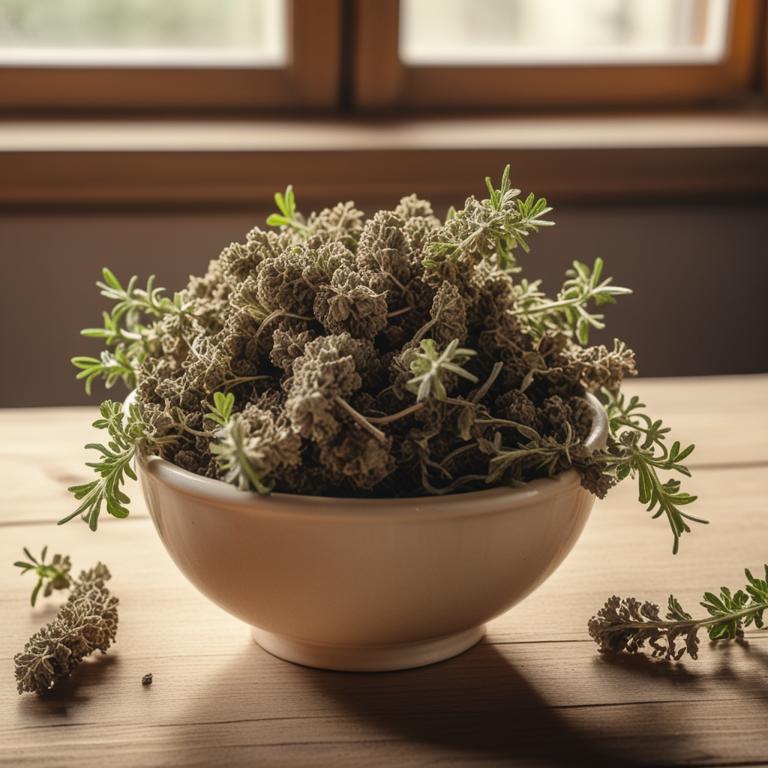
Speech Difficulty: Harnessing the Power of Medicinal Herbs and Herbal Preparations

Earache Treatment with Natural Medicinal Herbs and Herbal Remedies

Motion Sickness Causes and Medicinal Herbs for Relief
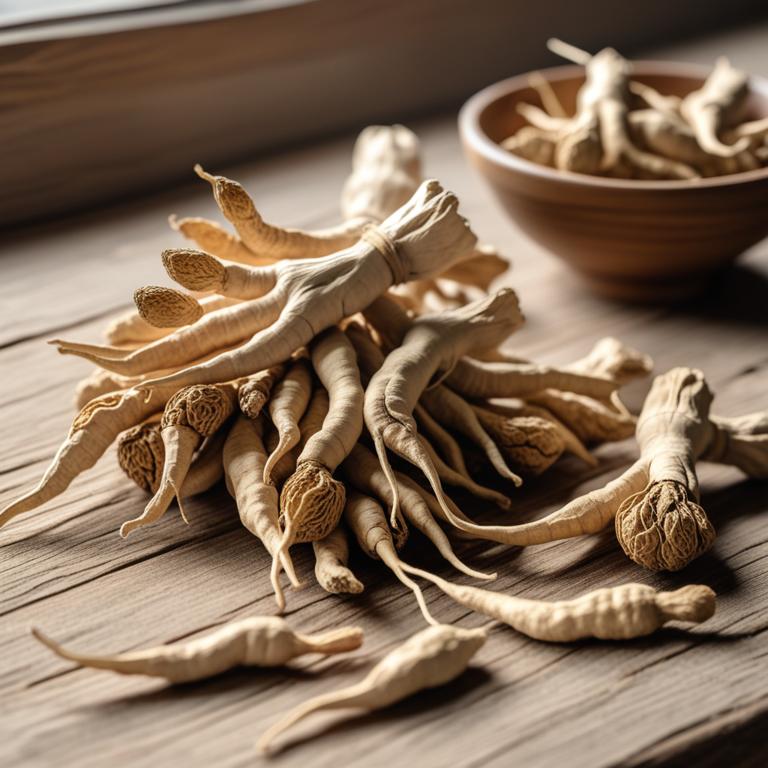
Overcoming Lost Voice: Causes, Medicinal Herbs, and Herbal Preparations for Fast Recovery
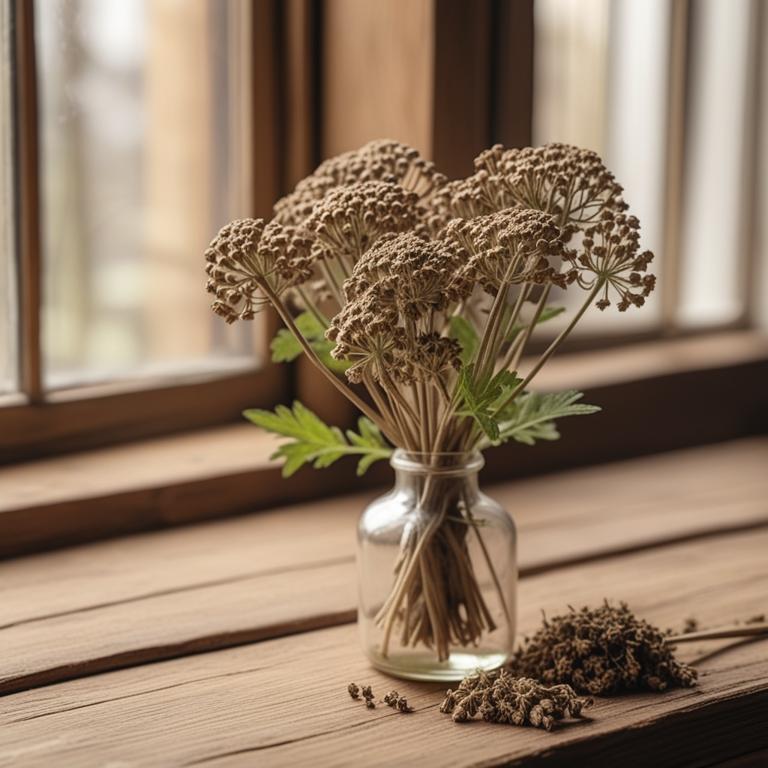
Causes and Cures for Jet Lag Using Herbal Preparations
